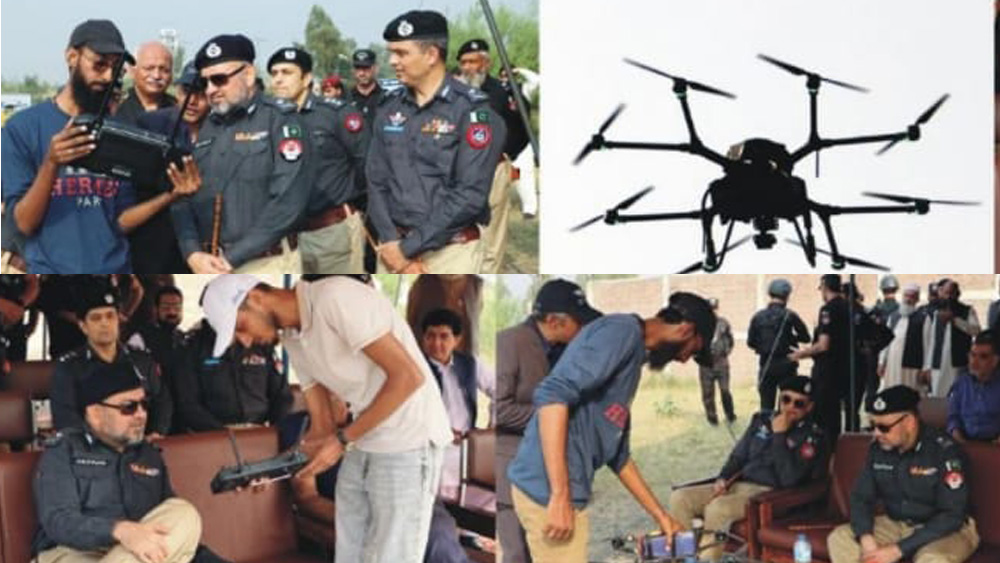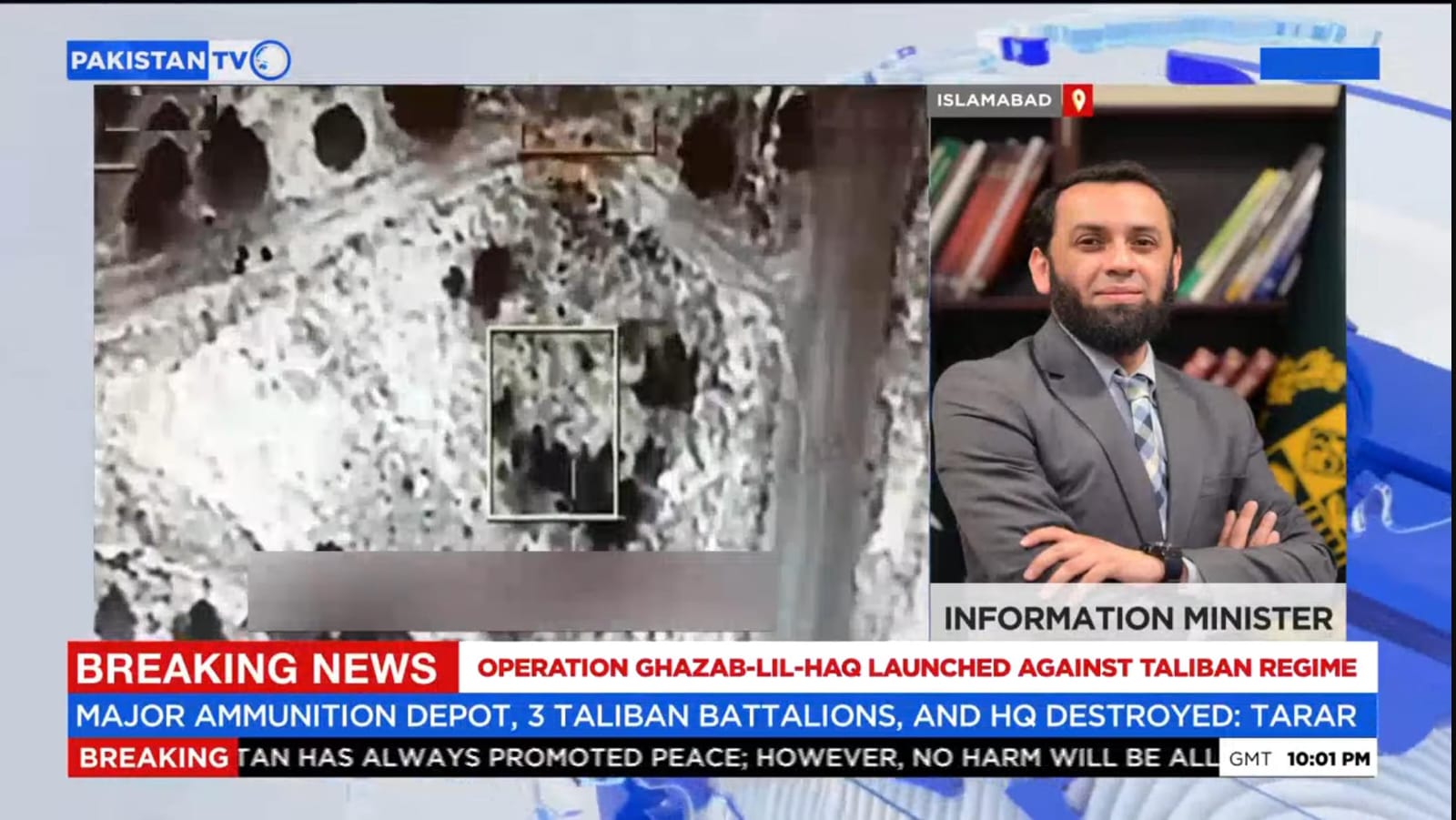PESHAWAR: With militant groups in northwestern Pakistan increasingly deploying drone technology to strike security forces and state installations, Khyber Pakhtunkhwa (KP) authorities have begun rolling out advanced anti-drone guns as part of a revised counter-terror response, senior police officials said.
Militant outfits operating in KP have steadily expanded their use of quadcopter drones to launch attacks, shifting the conflict “from a horizontal to a vertical level.”
Speaking to Pakistan TV Digital, Deputy Inspector General (DIG) Bannu Police Sajjad Khan said the drones being used are “acquired through the black market and smuggled across the border from Afghanistan.”
According to internal estimates, 57 drone-assisted attacks were reported between July and August alone.
Earlier this month, militants targeted the Khadi Fort of paramilitary forces in Mir Ali, North Waziristan. Before using a vehicle-borne improvised explosive device (VBIED), militants deployed drones to strike the compound and divert security personnel.
In another incident in Bannu district, officials reported at least eight drone attacks over recent months, including one where an explosive drone missed its intended target and hit a nearby house, killing a woman and injuring three children.
The drones, often commercially available quadcopters modified to carry explosives or mortar shells, have prompted a new defensive strategy.
The KP police have begun equipping personnel with anti-drone guns designed to disrupt the communication link between a drone and its operator. These devices emit electromagnetic pulses that jam the drone’s control, navigation, and video feed, forcing it to land safely and allowing for intelligence extraction.
Sajjad Khan said the technology can disable suspicious drones from up to three kilometers away, providing protection for public gatherings, security convoys, and sensitive locations.
The first operational deployment took place in July during the Ashura procession in Peshawar, where officials say the technology helped prevent attacks during an event historically vulnerable to violence.
Initially, anti-drone systems are being deployed in Peshawar, Bannu, and Bajaur, districts that have seen a spike in militant activity.
The Public Relations Officer (PRO) to the Inspector General of Police (IGP) KP, Riaz Khan, told Pakistan TV Digital that the technology “is now being used in many areas,” and that its introduction has “successfully reduced drone attacks to zero in the areas where it has been implemented.”
This early success has encouraged a broader rollout. IGP KP Zulfiquar Hameed recently announced that 70 drones will be deployed across the province, including to the Counter Terrorism Department (CTD), alongside the acquisition of additional anti-drone guns. The objective, he said, is to build a “comprehensive security umbrella” across KP.
The KP police say they remain committed to “making the citizens of KP and Pakistan safer by equipping their forces with the latest technologies.”


.jpg)
.jpg)

.jpg)
